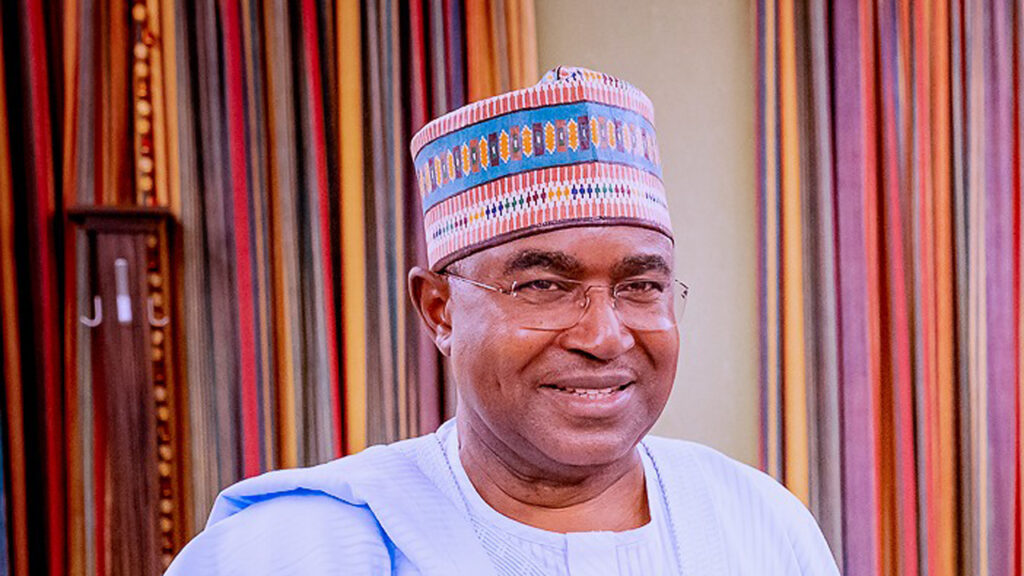
Gender advocates have faulted the make-up of the Economic Advisory Committee set up by President Bola Tinubu at the weekend in Abuja as part of efforts to alleviate economic hardships.
They said while the move was a welcome development, it failed to show sincerity of government in the area of gender inclusivity especially as women and vulnerable groups, like Persons with Disabilities, (PWDs), were the most impacted in times of economic difficulties, but the committee had almost no representation from these classes of individuals.
Partnership for Advancing Women in Economic Development (PAWED), a coalition of women economic collectives working in Nigeria, said: “This is not just a lapse in gender representation, but also a significant deficiency that could potentially undermine the effectiveness and comprehensiveness of the committee’s solutions to address economic issues.”
Asked of her opinion on the make-up of the committee, Programme Officer of the coalition, Hajiya Aisha Bello, in a statement, said: “President Bola Ahmed Tinubu’s ‘Renewed Hope 2023: Action Plan For A Better Nigeria’ highlights the importance of gender equality and representation in achieving our national goals. During his inaugural speech, President Tinubu pledged to ensure women and youths are well-represented in his administration.
“The Partnership for Advancing Women in Economic Development (PAWED), a coalition of female-led economic collectives, urges President Tinubu to fulfil his promise by including more women in his newly formed economic advisory committee.
“This move would demonstrate his commitment to promoting inclusivity in government decision-making processes.”
Urging the President to walk his talk, the group said: “Economic recovery in a country as diverse and complex as Nigeria requires a multifaceted approach. Women, constituting about half the population, bring unique perspectives and solutions shaped by their experiences and insights.
“An underrepresentation means missing out on these valuable viewpoints, potentially overlooking critical aspects of the economy that need addressing.
“Consequently, policies and strategies conceived without the input of women risk perpetuating existing inequalities. In contrast, gender-inclusive policy-making has resulted in more equitable, resilient, and sustainable economic outcomes.”













